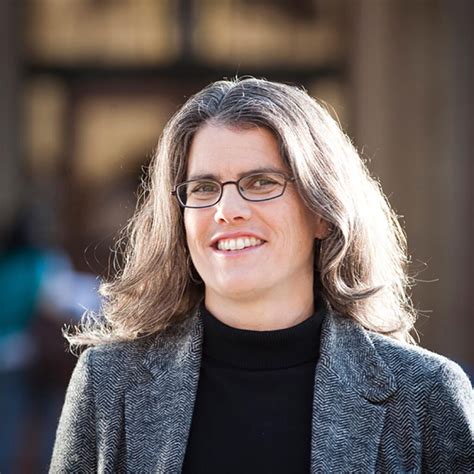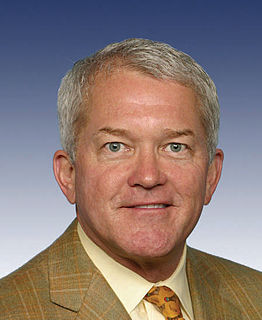A Quote by Clint Smith
While violence is part of what it means to be part of the black diaspora in the United States, that is not all it means to be black.
Related Quotes
While I might not have a specific experience that is fully American, there is still a knowledge, something that I logically understand as a black woman and a black woman who is existing in America and a black woman who is in the diaspora that are just known quantities that I think anyone can relate to who is black.
One of the facets of growing up the way I did, I never had the experience of being solely in the black community. Even my family, my mother is what they call Creole, so she's part French, part black, and grew up in Louisiana. It's a very specific kind of blackness that is different than what is traditionally thought of as the black community and black culture. So, I never felt a part of whatever that was.
When someone asks me about violence, I just find it incredible, because what it means is that the person who’s asking that question has absolutely no idea what black people have gone through, what black people have experienced in this country, since the time the first black person was kidnapped from the shores of Africa.
What we need in the United States is not division; what we need in the United States is not hatred; what we need in the United States is not violence or lawlessness; but love and wisdom, and compassion toward one another, and a feeling of justice toward those who still suffer within our country, whether they be white or they be black.
The reality is that race in the United States operates on a spectrum from black to white. Doesn't mean that people who are in between don't experience racism, but it means that the closer you are to white on that spectrum, the better off you are. And the closer to black that you are on that spectrum, the worse off your are.
Because once the black man becomes the political master of his own community, it means that the politicians of that community will also be black, which also means that he then will be sending black representation or representatives not only to represent him at the local level and at the state level, but, but even at the federal level.
I think the way the country has changed in part because of the presidency of Barack Obama, I think in part because of what we`ve - the violence that we have seen on our cell phones and our TV sets over the last couple of years. I think Black Lives Matter has helped to force these issues. Women like Sabrina Fulton. We`re having a different conversation in this country right now about race and what it means to really understand your experience is and my experience is.
I would say I'm black because my parents said I'm black. I'm black because my mother's black. I'm black because I grew up in a family of all black people. I knew I was black because I grew up in an all-white neighborhood. And my parents, as part of their protective mechanisms that they were going to give to us, made it very clear what we were.





































